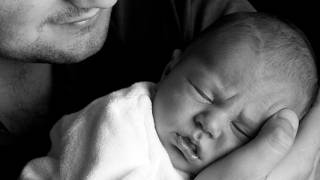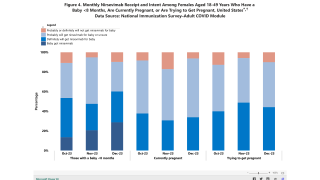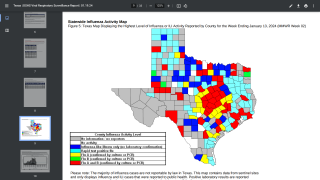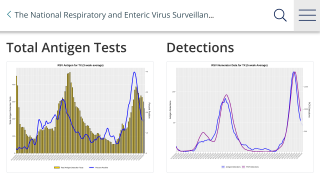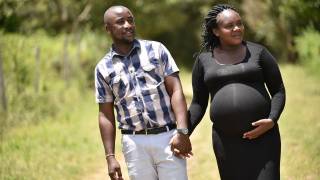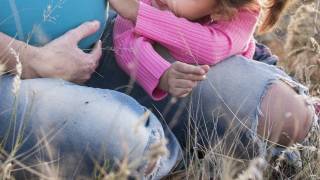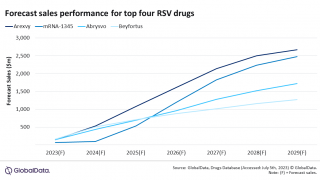RSV Can Infect Healthy Infants
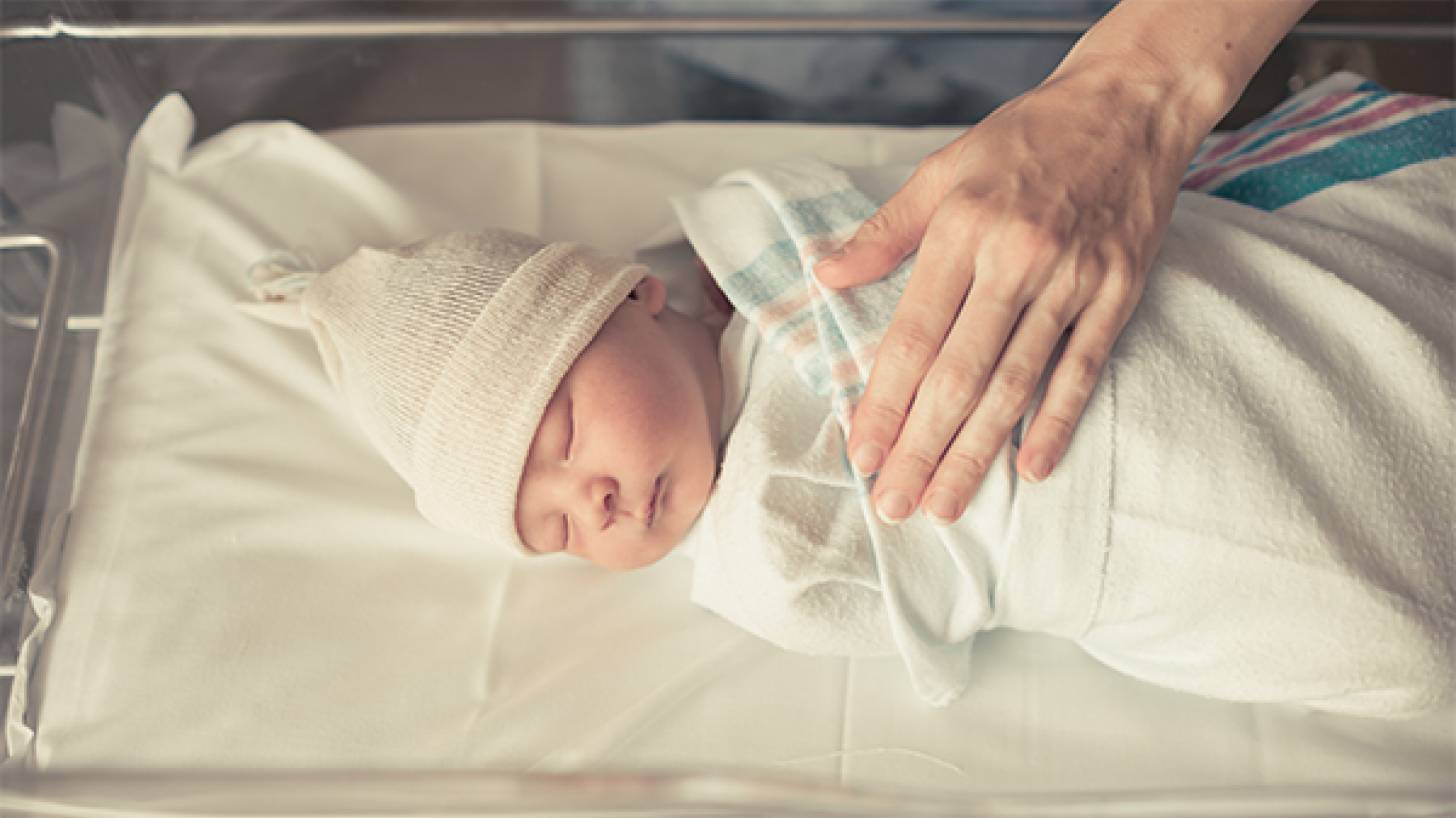
A new Original Investigation published today supports new respiratory syncytial virus (RSV) preventative interventions, including long-lasting monoclonal antibodies in infants and maternal vaccination.
RSV infections can negatively impact infants under three months of age and those born prematurely, as it is the leading cause of lower respiratory tract infections (LRTIs) and infant hospitalization worldwide.
This Vanderbilt University–led surveillance study found over 81% of infants admitted to an intensive care unit (ICU) for RSV during the 2022 seasonal peak had no underlying medical conditions and were born full-term.
Published by the peer-review JAMA Network Open on August 15, 2023, this cross-sectional study used a public health prospective surveillance registry in 39 pediatric hospitals across 27 U.S. states. Participants were infants admitted for 24 or more hours between October and December 2022 to a unit providing intensive care due to laboratory-confirmed RSV infection.
Overall, 143 infants (23.8%) received invasive mechanical ventilation (median [IQR], 6.0 [4.0-10.0] days).
In 2023, the U.S. Food and Drug Administration approved a long-acting (approximately 150 days) monoclonal RSV-neutralizing antibody (Beyfortus™, Nirsevimab-alip), and a maternal vaccine for RSV prevention is under consideration.
These products may protect both high-risk and healthy infants from medically attended RSV-associated LRTI. These researchers wrote that identifying which infants are at risk for severe RSV disease is essential for assessing future clinical effectiveness and guiding product usage recommendations.
This finding indicates timely RSV outbreak surveillance is essential in 2023.
Globally, RSV is a seasonal disease, generally starting in the U.S. in Florida.
The U.S. CDC supported this research, and industry relationships were disclosed.
Our Trust Standards: Medical Advisory Committee







